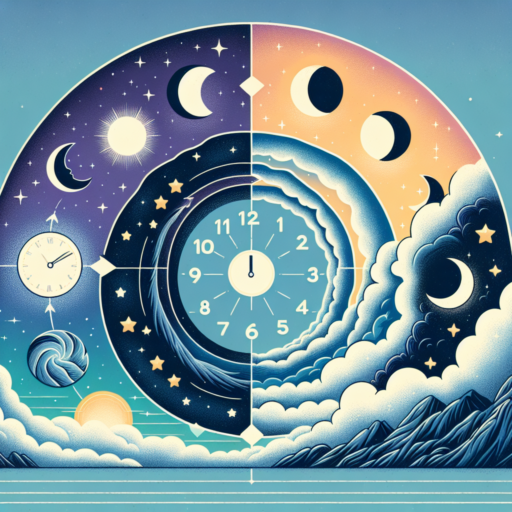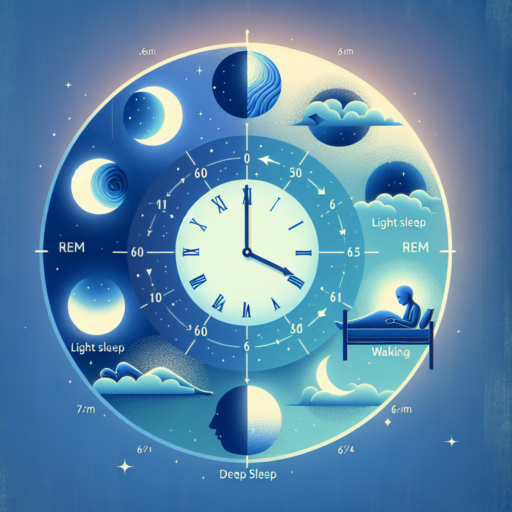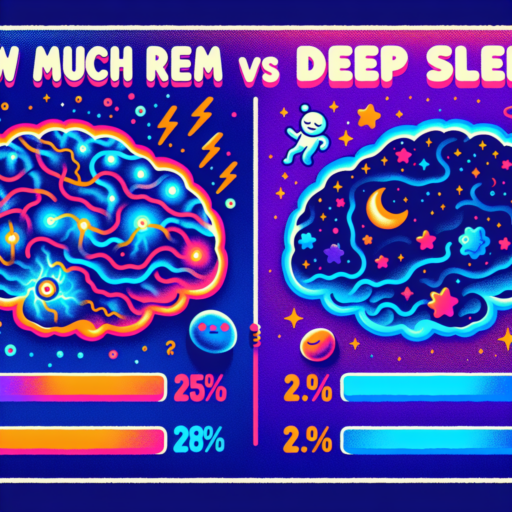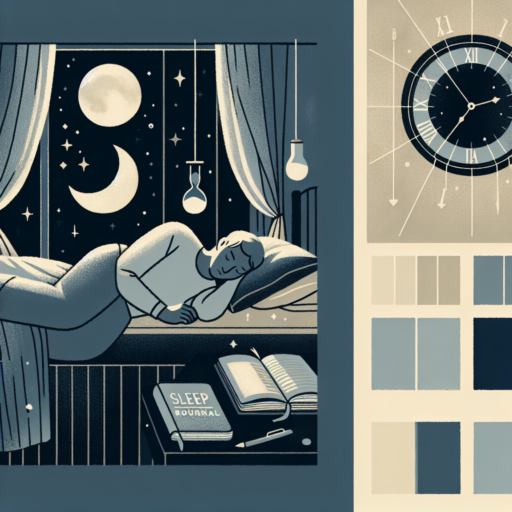Is a sleep cycle 4 hours?
Understanding the duration of a sleep cycle is crucial when looking into improving sleep quality and overall health. Typically, sleep is not about the total hours spent asleep but more about the quality and the cycles one goes through. A sleep cycle, contrary to popular belief, lasts about 90 to 110 minutes, not 4 hours.
During these 90 to 110 minutes, the body cycles through different stages of sleep: light sleep, deep sleep (or slow-wave sleep), and REM (Rapid Eye Movement) sleep. Each stage plays a crucial role in ensuring that the mind and body are rested and rejuvenated. It’s the repetition of these cycles throughout the night that contributes to a refreshing sleep experience, rather than a single, lengthy span of sleep.
It’s a common misconception that a single sleep cycle lasts 4 hours. However, most people complete multiple cycles each night, typically 4 to 6, depending on the total sleep time. This misunderstanding may stem from confusing a sleep cycle with the longer timeframe needed to feel fully rested, which can indeed approximate 4 hours but comprises multiple sleep cycles.
No se han encontrado productos.
How much of each sleep cycle is normal?
Understanding the normal duration of each sleep cycle is crucial for maintaining good sleep health. A typical sleep cycle is divided into four stages, namely, three Non-REM stages and one REM (Rapid Eye Movement) stage. The duration of each cycle varies from person to person but usually lasts about 90 to 110 minutes in total.
Non-REM Sleep, the initial stage, begins when you first fall asleep and is considered the lightest stage of sleep. This stage usually lasts from 1 to 5 minutes. The second stage is slightly deeper and lasts approximately 10 to 25 minutes. It’s during this stage that the body begins to prepare for deep sleep. The third stage, known as deep or slow-wave sleep, typically lasts 20 to 40 minutes. It’s the most restorative phase, where the body repairs muscles and tissues, stimulates growth and development, boosts immune function, and builds up energy for the next day.
The final stage, REM sleep, is where most dreaming occurs and can last anywhere from 10 to 60 minutes. REM sleep is crucial for cognitive functions, such as problem-solving and memory consolidation. As the night progresses, the duration of REM sleep stages tends to increase, with longer durations occurring in the second half of the night. Understanding the balance and duration of these cycles is key to achieving restorative sleep and maintaining overall health.
How many sleep cycles in 8 hours?
Understanding the number of sleep cycles in an 8-hour period is crucial for optimizing rest and promoting overall health. A typical sleep cycle lasts about 90 minutes, and within an 8-hour sleep period, an individual can experience about 5 to 6 full cycles. Each cycle is composed of different stages, which include light sleep, deep sleep, and REM (Rapid Eye Movement) sleep.
During an 8-hour sleep span, the composition of these cycles varies. Initially, the sleep cycles will have shorter REM periods and longer deep sleep stages. This is why, if you wake up during one of the first cycles, you might feel more groggy, as you are being pulled out of deep sleep. As the night progresses, REM stages lengthen, which is crucial for memory consolidation, learning, and emotional regulation.
The importance of completing multiple cycles is tied to the benefits each stage offers. Deep sleep is particularly vital for physical recovery, detoxification of the brain, and immune function, while REM sleep supports cognitive functions, including problem-solving and memory. Hence, striving for 5 to 6 complete sleep cycles within an 8-hour timeframe can be beneficial for both mental and physical health.
How long is 3 sleep cycles?
Understanding the duration of 3 sleep cycles is key to optimizing your sleep health and boosting your overall well-being. A single sleep cycle is typically around 90 to 120 minutes, meaning that 3 sleep cycles would approximately last between 4.5 to 6 hours. This duration involves progressing through the various stages of sleep, including both REM (Rapid Eye Movement) and non-REM stages.
Importance of Completing Multiple Sleep Cycles
Completing multiple sleep cycles is critical because it allows your body and mind to fully benefit from both deep sleep and REM sleep. Deep sleep is crucial for physical recovery and health, while REM sleep supports brain functions such as memory and learning. Therefore, aiming for at least 3 sleep cycles can help ensure you are getting a balanced mix of these benefits.
It’s also beneficial to consider how these cycles fit into your overall sleep schedule. Given the total duration of 3 sleep cycles is at least 4.5 hours, this doesn’t meet the often recommended 7-9 hours of sleep per night for adults. This suggests that while 3 cycles might be sufficient for short-term rest and recovery, consistently aiming for more cycles each night is advisable for long-term health and cognitive function.
Remember, the exact duration can vary from person to person due to individual differences in sleep architecture. Monitoring your sleep with a tracking device or app can be helpful in understanding your personal sleep patterns and ensuring you’re completing enough cycles for optimal health.




